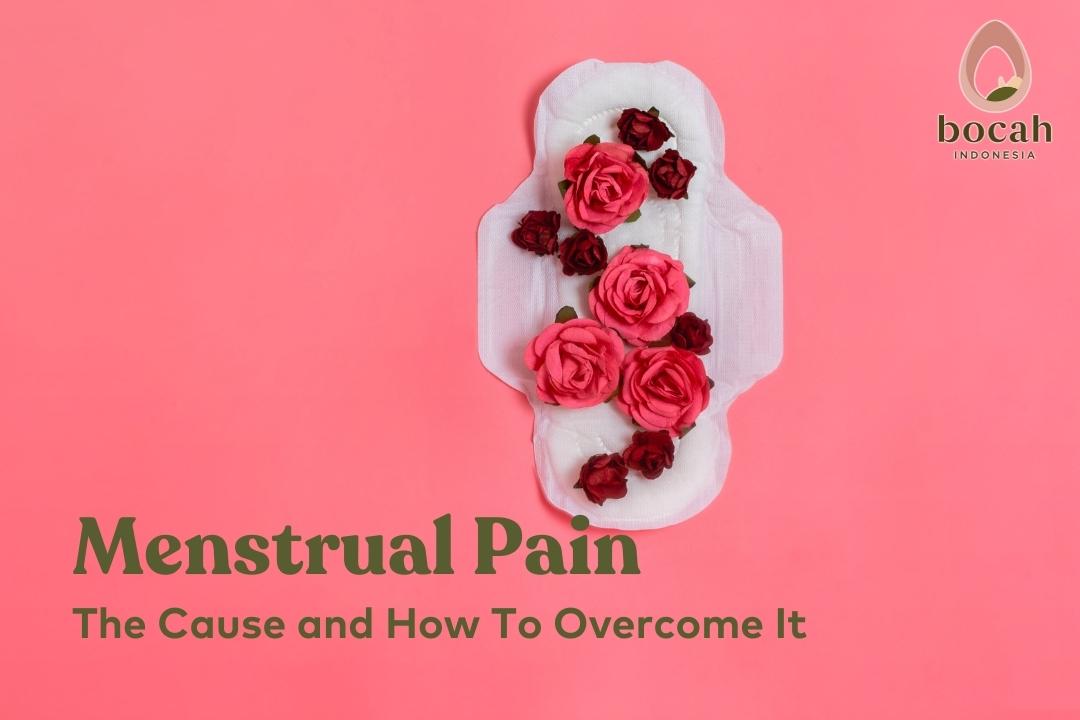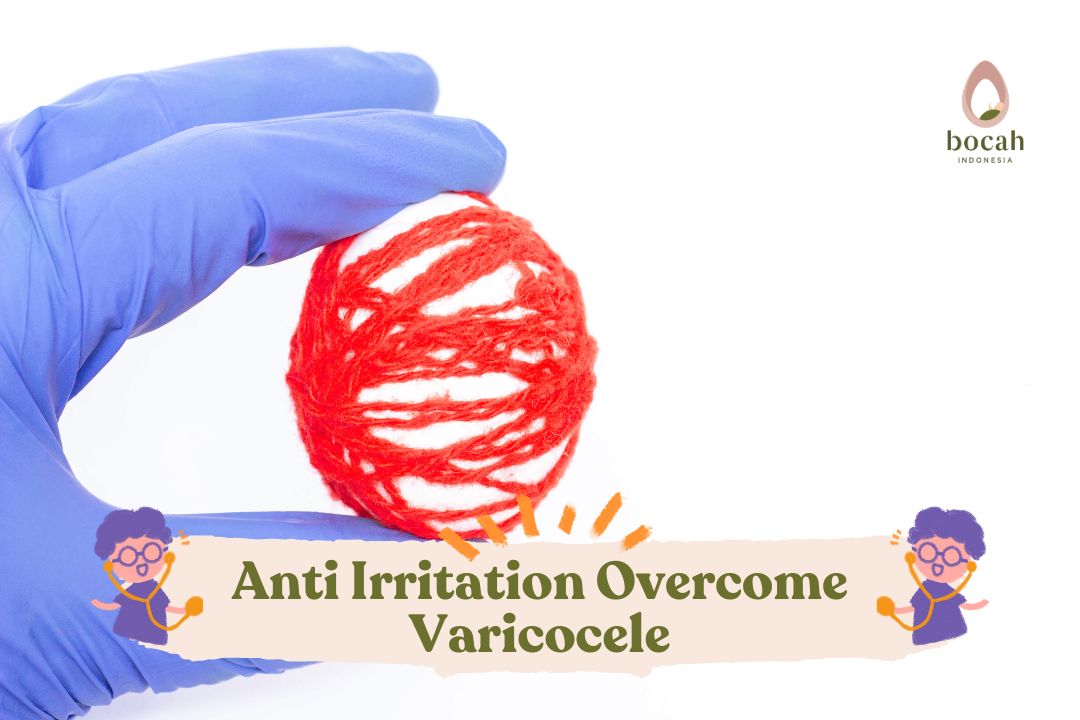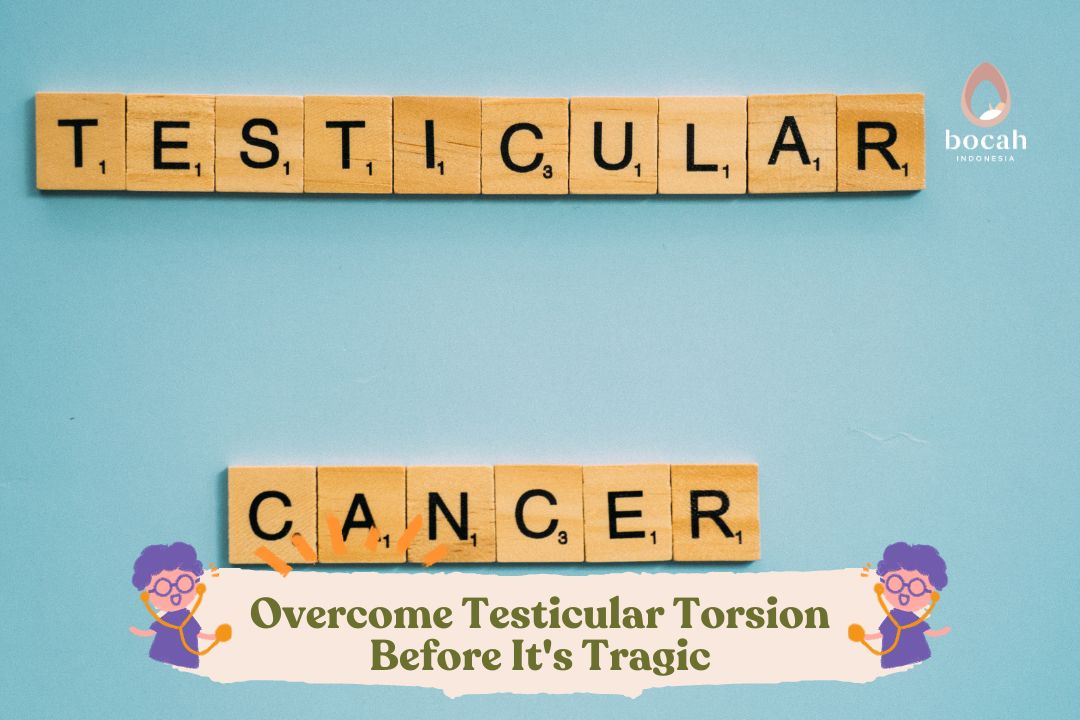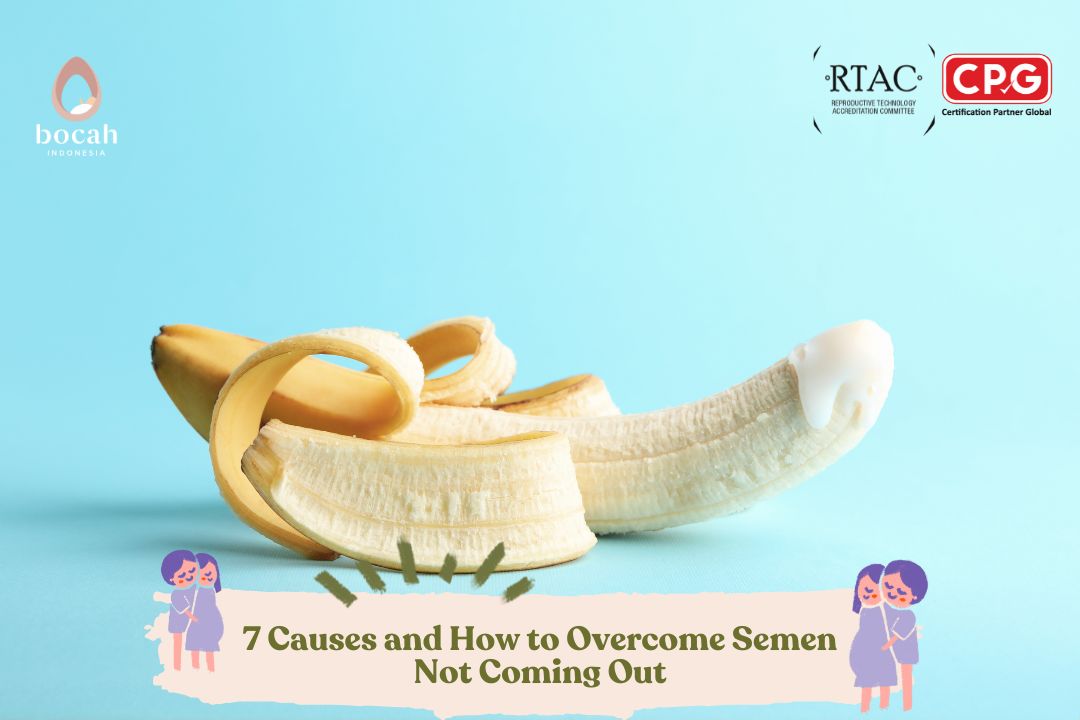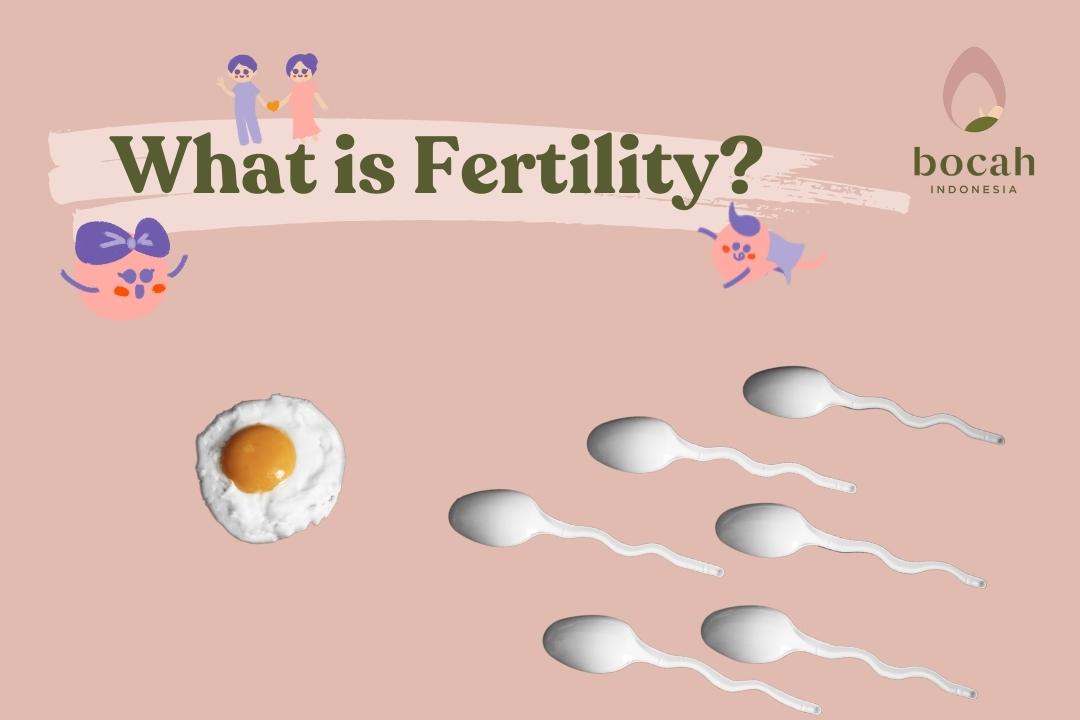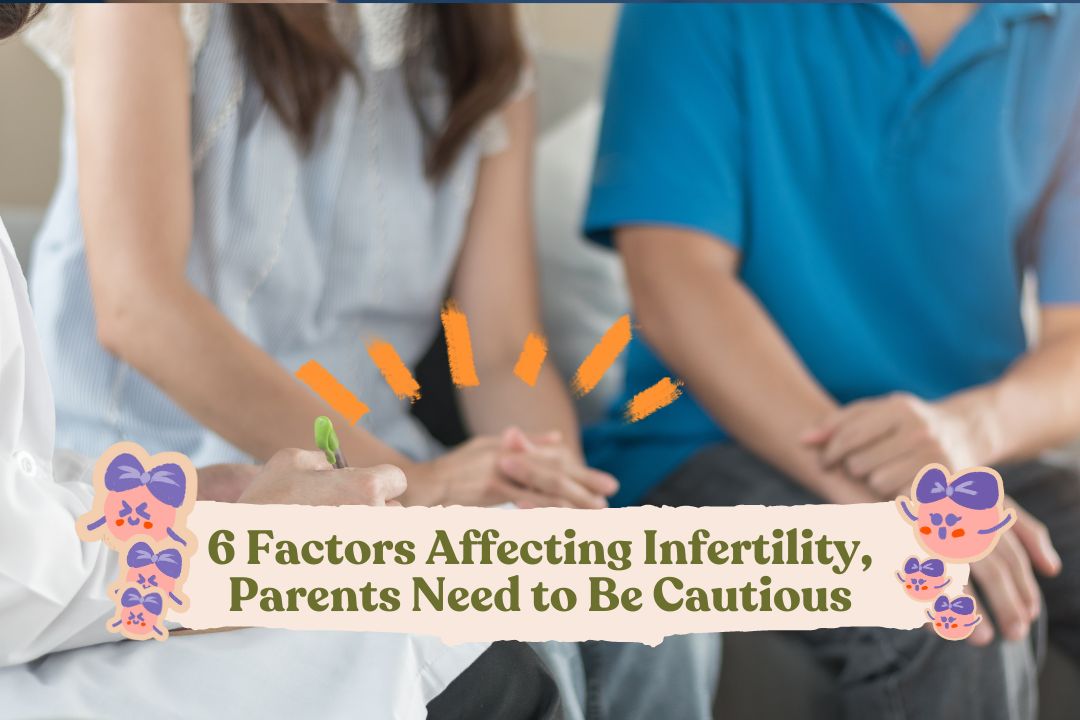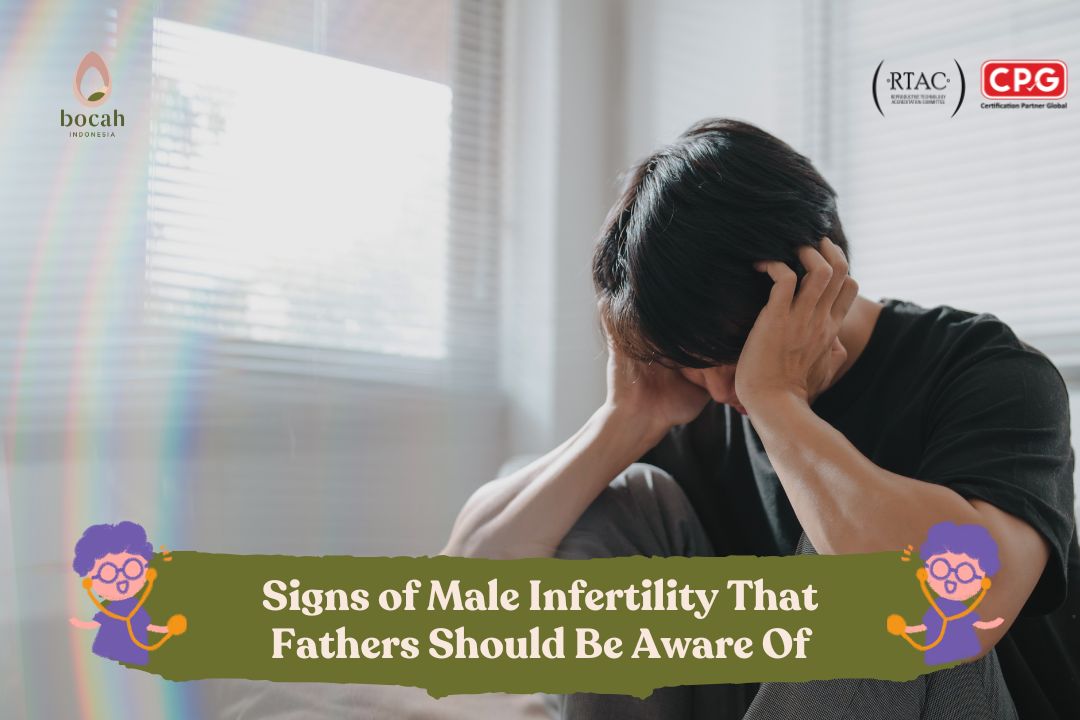Overcome Infertility Thoroughly
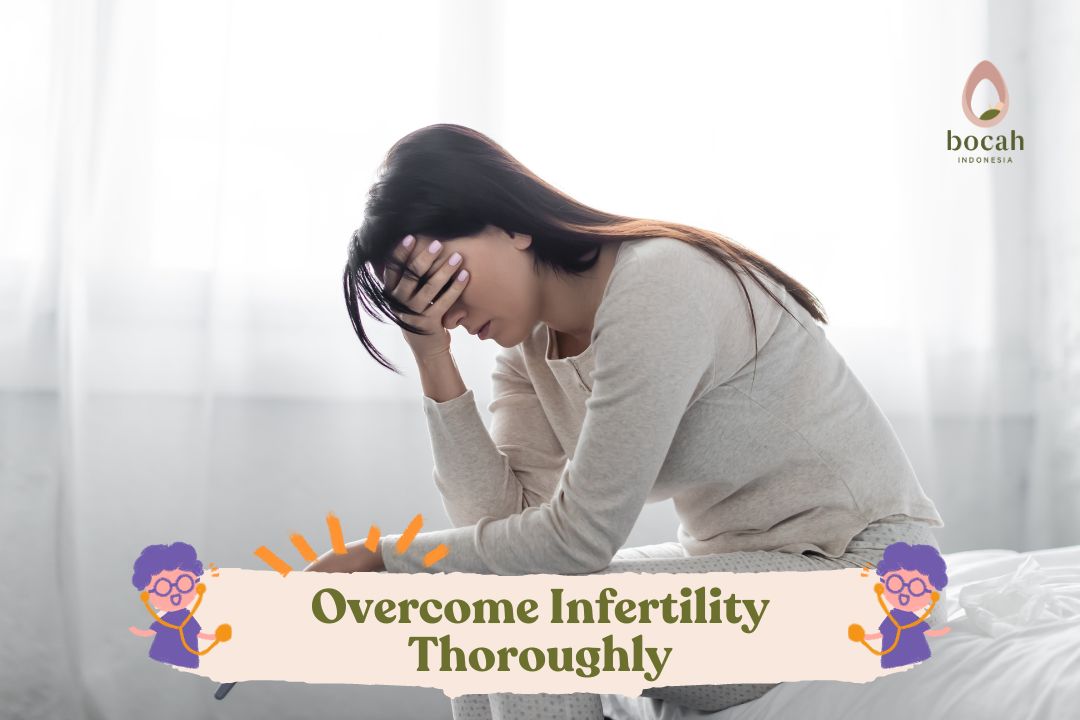
One of the things that might make it difficult for parents to have children could be due to infertility. Here are tips for couples facing infertility.
Infertility is a medical condition that can become one of the factors hindering parents in planning a pregnancy. Infertility can be caused by various factors, including hormonal disorders, sperm problems, anatomical issues, or other general health problems.
For parents experiencing infertility, the process of fertilizing an egg becomes more difficult or may not occur at all. This can be a source of stress and anxiety for couples wanting to have children.
Causes of Infertility in Fathers
The quality and quantity of a father’s sperm significantly affect the pregnancy program that parents are undergoing. Here are some factors that can cause infertility in fathers:
1. Sperm production or quality
This medical condition can include undescended testicles, genetic defects, hormonal problems, and health issues such as diabetes. Infections like chlamydia, gonorrhea, mumps, or HIV can also affect sperm quality. Swelling of the veins in the scrotum, called varicocele, can also impact sperm quality.
Tanya Mincah tentang Promil?
2. Problems in reaching the mother’s reproductive tract
This issue can be caused by sexual conditions like premature ejaculation, certain genetic diseases such as cystic fibrosis, physical problems like blockages in the testicles, or damage or injury to the reproductive organs.
3. Environmental factors
Exposure to pesticides, other chemicals, or radiation can affect a father’s fertility. Medications treating bacterial infections, high blood pressure, and depression can also have an impact. If the testicles are frequently exposed to heat, such as in saunas or hot tubs, this can affect their ability to produce sperm.
4. Cancer
Cancer and its treatments can have significant impacts on a father’s fertility. Cancer treatments such as chemotherapy and radiation often aim to destroy cancer cells, but these treatments can also damage healthy cells in the body, including reproductive cells in the testes responsible for sperm production.
Chemotherapy uses powerful drugs to kill cancer cells, but these drugs can also affect reproductive cells and the testes’ ability to produce sperm properly.
Radiation, which uses high-energy waves to destroy cancer cells, can also damage testicular tissue, leading to decreased sperm production or even permanent infertility.
In addition, cancer itself can affect a father’s fertility. Certain types of cancer, especially those occurring in reproductive organs such as testicular cancer or prostate cancer, can directly impact sperm production or the flow of sperm.
Causes of Infertility in Mothers
Not only in fathers, infertility in mothers can also be a factor making it difficult to conceive. Here are some reasons why mothers may experience infertility:
1. Ovulation Disorders
Ovulation disorders are conditions where the body has problems releasing an egg from the ovaries (where eggs develop). This can be caused by hormonal issues such as polycystic ovary syndrome. Additionally, high levels of prolactin, which is necessary for breastfeeding, can also affect ovulation.
Too much thyroid hormone (hyperthyroidism) or too little thyroid hormone (hypothyroidism) can also affect the menstrual cycle or even make it difficult to conceive.
So, in simple terms, ovulation disorders occur when the body has difficulty releasing an egg from the ovaries due to hormonal issues, such as polycystic ovary syndrome, high prolactin levels, or thyroid hormone issues.
2. Uterine Conditions
The growth of uterine polyps, issues with the shape of the uterus or problems with its lower end, called the cervix, can make it difficult for a mother to conceive.
Tumors in the uterine wall, known as uterine fibroids, can also cause infertility but are not cancerous.
Fibroids can block the fallopian tubes, where the egg and sperm meet. These conditions can also prevent a fertilized egg from attaching to the uterus, which needs to happen for a fetus to develop.
3. Damage or Blockage of the Fallopian Tubes
This issue is often caused by swelling of the fallopian tubes, known as salpingitis. This swelling can occur due to an infection of the female reproductive organs called pelvic inflammatory disease.
4. Endometriosis
This condition occurs when tissue similar to the lining inside the uterus grows outside the uterus. It can affect the ovaries, uterus, and fallopian tubes.
5. Primary Ovarian Insufficiency
This happens when the ovaries stop functioning as they should, and menstruation ends before the age of 40. The cause is often unknown. However, some factors associated with primary ovarian insufficiency include autoimmune diseases, genetic conditions such as Turner syndrome, and radiation or chemotherapy.
6. Pelvic Adhesions
These are bands of scar tissue that bind organs together. This condition can form after pelvic infections, appendicitis, endometriosis, or abdominal or pelvic surgery.
7. Cancer and its Treatment
Certain types of cancer, especially those affecting the reproductive organs, can impact fertility due to both radiation and chemotherapy.
Tips for Dealing with Couple’s Infertility
Infertility in both the father and mother can be addressed through various methods depending on the cause, duration of infertility, age of the couple, and personal preferences. Some causes of infertility may not be fixable, but there are still a variety of treatment options available.
Treatment for Male Infertility
1. Lifestyle Changes
Steps such as increasing the frequency of sexual intercourse and timing it closer to ovulation, exercising regularly, reducing alcohol consumption, or stopping the use of drugs that can affect fertility can help improve the chances of conceiving.
2. Medications
Doctors may prescribe medications to increase sperm count and improve the chances of a successful pregnancy. These prescription medications can also help improve testicular function. However, it is important for the father to consult a doctor before taking any medication for infertility.
3. Surgery
Sometimes, surgery can correct sperm blockages and restore fertility. Surgery can also be performed to repair large varicoceles, which can increase the chances of conceiving.
4. Sperm Retrieval Procedures
These techniques can collect sperm if the father is unable to ejaculate or if there is no sperm in the semen. Sperm retrieval procedures can also be used when assisted reproductive techniques are planned and sperm count is low.
Treatment for Female Infertility
1. Medications
Certain medications prescribed by doctors can help the ovaries release eggs if ovulation is irregular or has stopped. These fertility drugs can be combined with other procedures such as intrauterine insemination (IUI).
2. Intrauterine Insemination (IUI)
With IUI, healthy sperm is placed directly into the uterus at the right time when the ovaries release one or more eggs for fertilization. Depending on the cause of infertility, IUI can be timed with the menstrual cycle or with the use of medications.
3. Surgery
Some uterine conditions can be treated with hysteroscopy or laparoscopic surgery. These include polyps, scar tissue, and some fibroids. Surgery may also be necessary to treat conditions such as endometriosis, pelvic adhesions, or larger fibroids.
To determine the appropriate treatment for addressing couple infertility, it is important to consult with a doctor or fertility specialist to determine the best treatment options that suit the conditions and needs of both partners. If you are trying to conceive quickly, it is advisable to consult a doctor first, who can provide recommendations for an appropriate pregnancy program based on your conditions.
This article has been medically reviewed by Dr. Chitra Fatimah.
Source:
- Korula George and Mohan S Kamath (2010). Fertility and age. Journal of Obstetry and Gynaecology Canada. 33(11), pp. 1165-75. https://pubmed.ncbi.nlm.nih.gov/21234171/
- The American College of Obstetricians and Gynecologists (2017). Treating Infertility. https://www.acog.org/womens-health/faqs/treating-infertility
- The American College of Obstetricians and Gynecologists (2014). Female Age-Related Fertility Decline. https://www.acog.org/clinical/clinical-guidance/committee-opinion/articles/2014/03/female-age-related-fertility-decline
- Mayo Clinic (2017). Infertility. https://www.mayoclinic.org/diseases-conditions/infertility/symptoms-causes/syc-20354317
- NHS Choices UK (2015). IVF. https://www.nhs.uk/conditions/ivf/availability/


